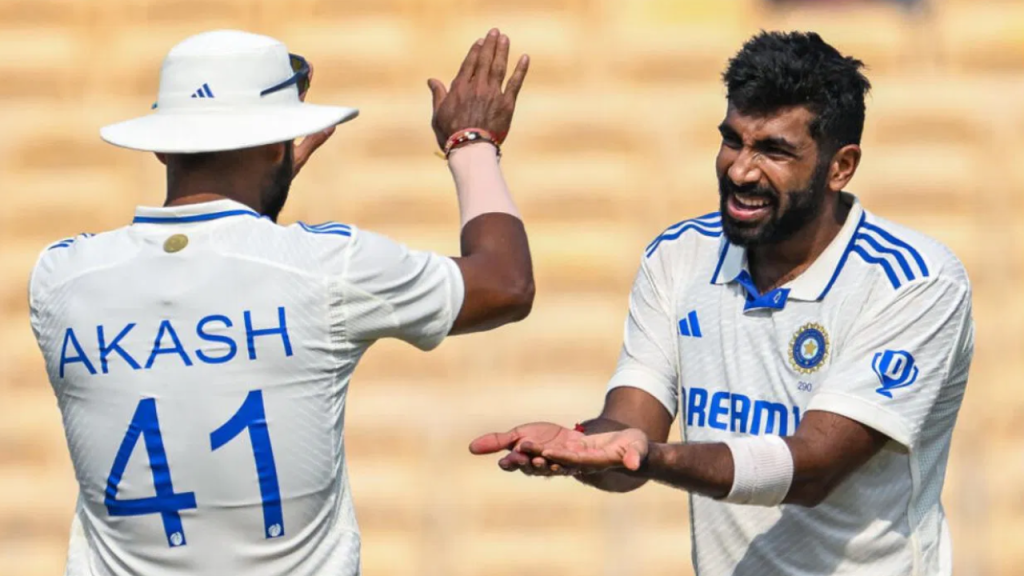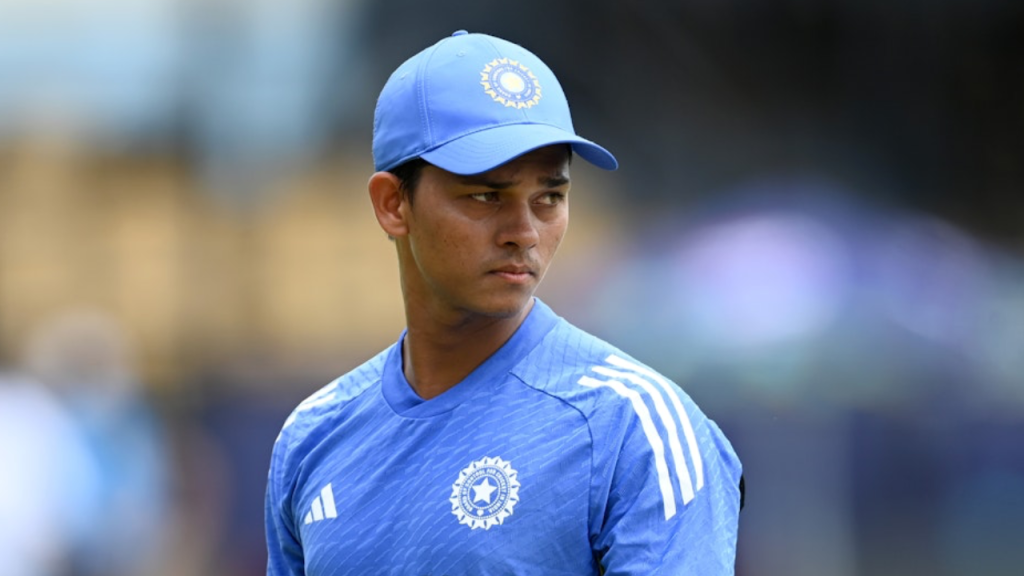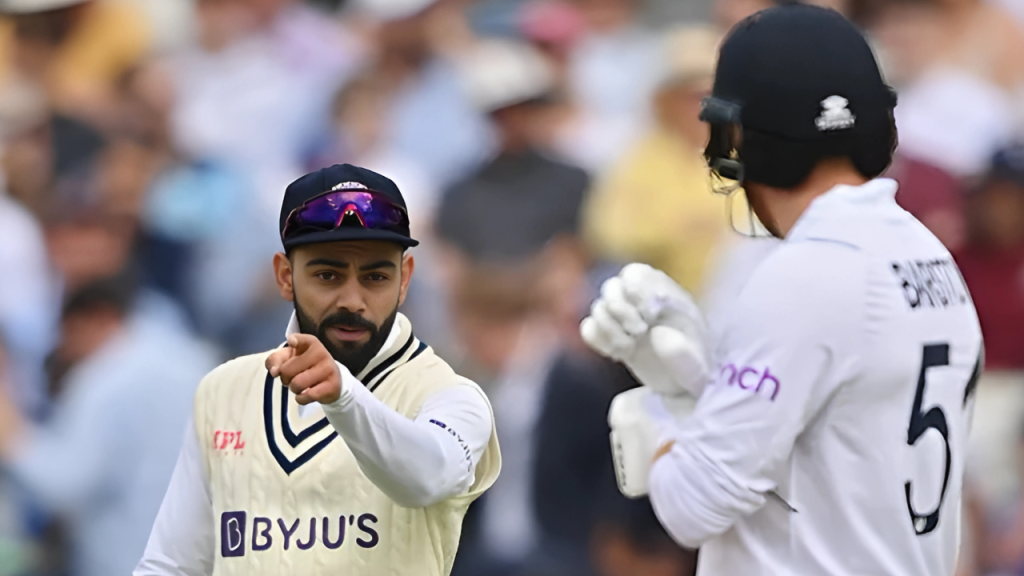IND vs BAN: In a development that has raised eyebrows within the cricketing community, Khaled Mahmud, a former Bangladesh captain and a pivotal figure in the Bangladesh Cricket Board (BCB), has resigned from his position as a director. This unexpected move comes at a critical time, just days before Bangladesh is set to face India in a two-match Test series starting on September 19, 2024, in Chennai. The resignation, while not detailed with specific reasons, has sparked discussions about the internal stability of Bangladesh cricket, especially with the backdrop of recent political shifts in the country.
Khaled Mahmud, known for his strategic insights and contributions to Bangladesh cricket, stepping down from his role, adds an element of uncertainty to the team’s preparation for what is considered one of their most challenging series for IND vs BAN. India, with its formidable record at home, presents a daunting task for any visiting team, let alone one potentially distracted by administrative upheavals.
The timing of Mahmud’s resignation could not have been more inopportune. Cricket, often seen as a unifying force in Bangladesh, might now find itself at a crossroads. Mahmud’s exit, especially in light of the political changes with a new government and a new BCB president, Faruk Ahmed, succeeding Nazmul Hasan Papon, hints at deeper issues possibly related to governance, strategy, or personal reasons that have yet to be publicly disclosed.
The impact of such a resignation on the team’s morale and strategy could be significant. Mahmud’s experience and his role in the BCB were crucial in bridging gaps between the administrative decisions and on-field strategies. His departure might lead to a vacuum in leadership and vision, especially in how the team approaches the upcoming series against India. Bangladesh, known for its spirited cricket, might now face not just the challenge of playing against a stronger side but also managing internal disruptions.
From a strategic standpoint, the series against India was always going to be tough, but with Mahmud’s resignation, there’s an added layer of complexity. The team might now have to deal with new directives or a lack thereof, which could affect team selection, strategy formulation, and overall team cohesion. The absence of a stable administrative backbone might reflect on the field, where cricket, more than ever, becomes a test of mental resilience as much as skill.
Moreover, this incident underscores the broader issue of cricket governance in Bangladesh. The sport, which has grown significantly in stature and popularity, often finds itself entangled in the country’s political dynamics. The resignation of figures like Mahmud, especially during such pivotal moments, not only questions the stability of cricket administration but also how external political changes can ripple through the sport.
As Bangladesh prepares to take on India, the cricketing world watches with interest. Will the team rise above these administrative challenges, showcasing their cricketing prowess, or will the internal discord prove too distracting? The series, while a test of cricketing skills, might also serve as a litmus test for the resilience of Bangladesh cricket amidst administrative turbulence.
Khaled Mahmud’s resignation from the BCB director’s post ahead of the India series is more than just a change in administrative roles; it’s a potential harbinger of underlying issues within Bangladesh cricket. As the team gears up for what promises to be a challenging series, the focus will not just be on the cricket but also on how well the team and its new leadership can navigate through these troubled waters.





